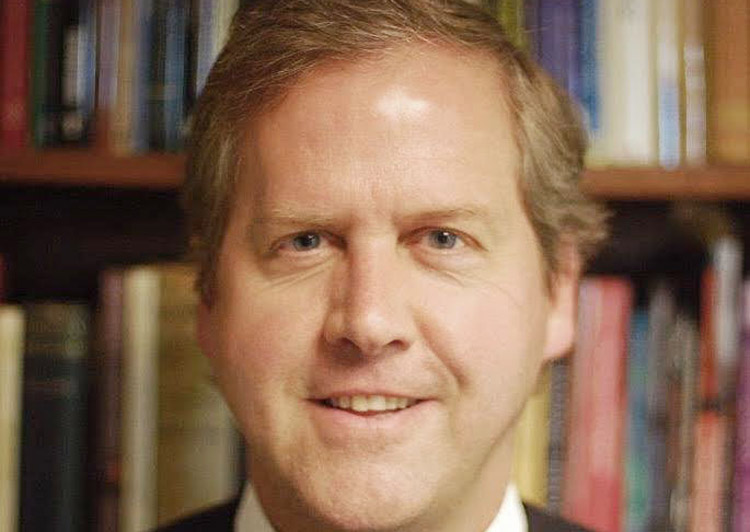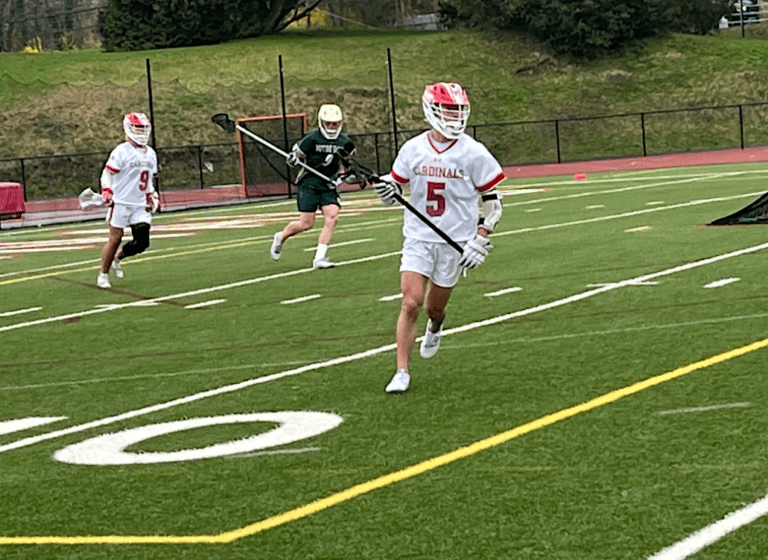
By Marek P. Zabriskie
Some 370,000 soldiers, most of whom had never seen combat before, landed in Normandy about 75 years ago. As their landing craft approached Omaha and Utah Beach, they faced terrifying machine gun fire.
Many were pinned down for hours. Thousands lost their lives. Many were shot before they even got to shore. Omaha was a disaster. In ten minutes, a company of 200 was reduced to seven who had not been killed or wounded.
Today, the American Cemetery at Omaha Beach holds some 10,000 American soldiers who died in the invasion. They paid the ultimate price.
Our nation is built on sacrifice. In order for us to experience the freedom and the joys that we cherish today, thousands paid with their lives. As Ronald Regan said,
Most of them were boys when they died, and they gave up two lives – the one they were living and the one they would have lived. When they died, they gave up their chance to be husbands and fathers and grandfathers. They gave up their chance to be revered old men. They gave up everything for our country, for us. All we can do is remember.
My wife, Mims, and I spent our honeymoon in France and visited the Normandy beachheads.
We entered the bunkers and walked in silence through an endless sea of white crosses at the American Cemetery.
We drove to Pont du Hoc, where American Rangers scaled the cliffs as German soldiers rained down machine gun fire. Inside the bunker a plaque read, “The 225 rangers fought two and one half days before relief. Ninety men survived the mission.” Sacrifice.
This may be the last major anniversary of the D-Day Invasion where the few surviving veterans who fought can visit the hallowed cliffs, walk the beachheads, stand in awe in the cemeteries and pay homage to their fallen comrades who gave their lives for our freedom.
At a ceremony in France marking the fiftieth anniversary of the D-Day Invasion, President Bill Clinton said, “We are the children of your sacrifice.”
American men and women have paid enormous costs from the Revolutionary War to the Civil War to the World Wars to Korea, Vietnam and the more recent wars to the struggle to end slavery, establish civil right and provide dignity for all.
In all of them, people have had to sacrifice, so that those who come after us might live good, decent lives. Our lives and our nation are built on sacrifice.
Nothing is possible without it – families are not possible without the sacrifice of parents caring for their children, changing diapers, driving carpool, helping with homework, feeding and bathing children or the sacrifice of children caring for aging and ailing parents.
Communities are not possible without people sacrificing their time and energy – at Little League, the United Way, Public TV, the symphony, serving meals in soup kitchens, Boy Scouts and Girl Scouts and being involved in local politics. People go out on a limb to make sure that everyone in the community is treated with dignity. It all takes sacrifice.
Sacrifice is fundamental to the beliefs and practices of most of the world’s great religions. There are ancient stories about ritual slaughter and cultic blood-letting to appease an angry deity, which repel us today. We know God does not call forth that kind of sacrifice.
But far from being outmoded, the concept of sacrifice still speaks to this present age, because the power of a sacrifice is timeless. Science reveals that all life is dependent on death, and the survival of our species and our planet requires human self-limitation and self-denial.
We live in a world of instant gratification and conspicuous consumption, where sacrifice, and limitation or postponement of selfish pleasures is viewed as undesirable or downright wrong. Ours is the, “What I want I get generation.” Yet, great nations rise by service and sacrifice.
A survey found that, while 43 percent of persons who never attend church agreed that the “main purpose of life is to fulfill yourself,” only 19 percent of regular churchgoers accepted that proposition. Sadly, advertising, publicists and populist politicians are editing “sacrifice” out of the script for living our lives.
Many churches, too, have lost their nerve. New churches offer services that are upbeat with relevant messages, not speaking about money and asking little of those who worship. There is hardly a whisper of sacrifice, of the costliness of civilization, community and free society, of the sacrifice on a cross on which the church was built.
Sacrifice is the basis for joy and fulfillment for it is by giving up ourselves for God’s sake that we become whole and holy. That’s what makes love the most profoundly sacrificial and fulfilling human experience, because we lose ourselves in something outside ourselves.
Sacrifice is the love that suffers and the love that saves. It is the wounded healer who heals. The power of sacrifice comes from self-emptying and self-giving. Acts of surrender, self-giving and sacrifice bring us in touch with our deepest selves and the profound holiness of life.
No wonder polls to determine the world’s most admired figures consistently put those who have devoted themselves selflessly to others near the top of the list – St. Francis of Assisi, Mother Teresa of Calcutta, Nelson Mandela and Desmund Tutu. Their lives defy the me-first culture.
We can all think of examples close to home. I think of Bob, a member of my first church who sacrificed all of his hobbies, friendships, and free time to care for his wife, Peggy, who suffered from Alzheimer’s. Sacrifice and love go hand in hand.
Two and a half weeks into rehearsals for The Sound of Music, Oscar Hammerstein learned that he had stomach cancer. The day before his surgery, he handed Mary Martin a little slip of paper with a lyric that he hoped would be added to the production. It contained these words:
A bell is no bell till you ring it,
A song is no song until you sing it
And love in your heart wasn’t put
there to stay,
Love isn’t love till you give it away.
We have lost the original sense of “sacrifice,” which is derived from two Latin words, sacer and facere – which mean to make holy, for in every sacrifice we take a common object and move it to the realm of the religious. We consecrate it, make it holy, and it endures forever.
Standing in the bunker atop the cliffs at Pont du Hoc, my wife and I knew that we were on holy ground. We stood in awe and silence, sensing that the sacrifices would endure forever. Perhaps it’s time to reintroduce the word “sacrifice” into our vocabulary and into our lives.
The Rev. Marek P. Zabriskie, is the Rector of Christ Church.



